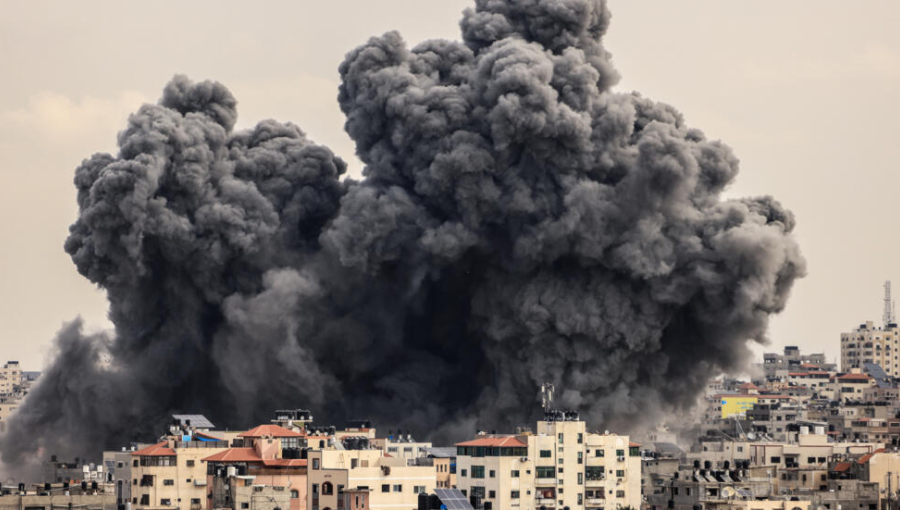COMMENT: Oil markets on tenterhooks as Hamas attack on Israel stokes contagion fears

Global oil markets face the possibility of a price spike following the surprise attack by Hamas militants on Israel, which has seen hundreds killed and the start of a new war that could potentially threaten energy flows in the region, S&P Global said in a note on October 8.
Israel was still working to regain control over parts of its southern communities at the weekend following an incursion by militants across the Gaza border.
These unprecedented attacks occurred amid a backdrop of declining crude oil futures markets. Brent prices had dropped by 10% since September 28 due to fears surrounding the global economy. On October 4 alone, crude prices fell by nearly 6%, marking the largest one-day sell-off since September 2022. This decline came after a rally that began in June, spurred by output cuts pledged by Saudi Arabia and Russia, which had pushed prices towards $100 per barrel. Platts, a division of S&P Global Commodity Insights, assessed physical Dated Brent at $88.20 per barrel on October 6, the lowest level since August 31, 2022.
“"Oil demand responds primarily to prices and physical interruptions and market sentiment could react swiftly to the tragedy in the Middle East as far as oil prices are concerned," Kang Wu, global head of oil demand research at S&P Global Commodity Insights, said in a note. "Unless oil prices spike and sustain at higher levels, global oil demand, which is heading down sequentially toward Q1 2024, will not be affected significantly. However, as an increasing number of flights in and out of Israel have been cancelled, the impact can still be felt to a certain extent."
This conflict unfolds as Saudi Arabia and Russia, two of OPEC+'s major producers, seek to support global oil prices, maintaining voluntary supply restrictions through to the end of December. Further reviews are expected in November, coinciding with the OPEC+ ministerial meeting scheduled for November 26.
Although Israel and Palestine are not significant oil producers or consumers, the escalating conflict poses a threat to the broader oil-rich Middle East region, particularly if it draws in powerful groups like Hezbollah or results in direct Israeli action against Iran, which supports Hamas and Hezbollah militants.
Hamas has called on Palestinians and other Arabs to join the action to "sweep away the [Israeli] occupation." Saudi Arabia on October 7 called for an immediate halt to the escalation, adding that it has warned repeatedly about the dangers stemming from "continued occupation" and "the deprivation of the Palestinian people of their legitimate rights."
Speaking after the attacks on October 7, US President Joe Biden referred to America's "rock-solid and unwavering" support for Israel which was "under attack orchestrated by a terrorist organisation." The US military's Central Command said October 7 it was "closely tracking" the situation and "stands with Israel" in the attacks.
Iran's foreign minister, Hossein Amir-Abdollahian, attributed the Gaza attacks to Israel's actions against Palestine, potentially further complicating the situation. Observers will be closely monitoring whether Israel publicly blames Iran for the attacks, which could indicate the potential for further escalation.
The conflict could also affect the landmark Abraham Accords, which have eased tensions in the Middle East and facilitated greater foreign investment in the region. Some reports suggest that the attacks may be an attempt to undermine the Abraham Accords and broader Saudi-Israel co-operation.
Most of Israel's recent upstream energy investments have focused on developing its significant Mediterranean natural gas fields. Chevron, a major operator in this sector, expressed its commitment to following instructions from Israel's energy ministry despite the conflict. The Tamar platform, for instance, has been shut down in the past due to regional conflicts.




Follow us online